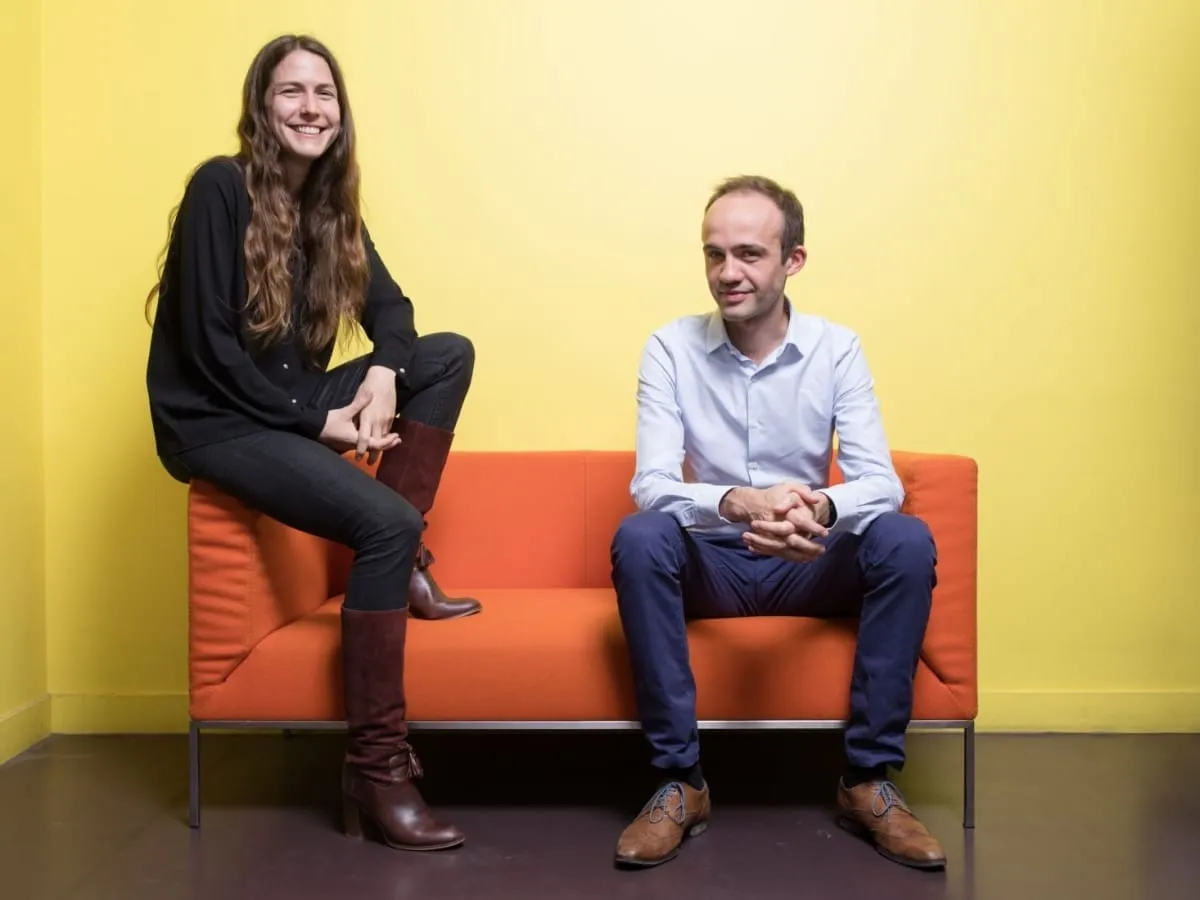AI — Deep Dives
Teaching Physics to AI: How Aqemia Wants To Revolutionize Drug Discovery
Aqemia's Novel Approach to Drug Discovery Attracts €30M in New Funding

Aqemia's Novel Approach to Drug Discovery Attracts €30M in New Funding
